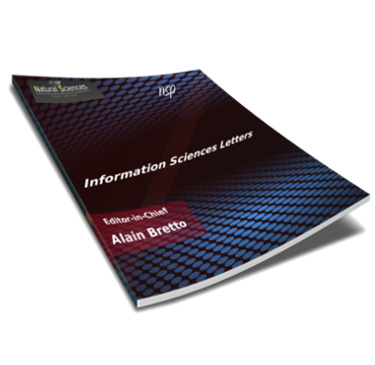
Information Sciences Letters
Abstract
In this study we discuss the issue of social justice as a basic human requirement in the rule of law and sovereignty. Despite its practical importance as a political principle in the various schools of thought, it remained merely a guiding idea for the legislator, It seeks to follow its guidance in drawing up the general policies of the state, without the state being obligated to intervene positively to enforce them; It was not a matter of constitutional priority and interest in the old constitutions, considering it a political par excellence whose purpose was to restrict and regulate absolute power and to determine and guarantee the missing freedom. Proceeding from the constitutional transformations that the Arab world is witnessing, especially the Kingdom of Jordan, following the revolutions of the Arab Spring, the general nature that these constitutions must establish is the goal of achieving social justice, which presupposes the recognition of people with a range of rights that preserve their human dignity as a matter of immediate implementation of these rights. However, addressing the idea of compulsion and normative democracy in Jordan’s constitution for social justice rights from this perspective appears to be a thorny idea due to the difficulty of setting limits, foundations, or standards for them, because these rights presuppose a positive intervention from the state, and it is an issue related to the financial and economic status of the state, unlike other rights that are generally assumed In general, a negative commitment from the state without incurring financial burdens. So, achieving social justice depends primarily on its material capabilities.
Recommended Citation
A. Murshed, Aref; M. S. Alhalalmeh, Alhareth; A. A. AlRahamneh, Ali; A. ALMarashdeh, Saja; and A. Mubaideen, Rasha
(2023)
"Social Justice as a Criterion for the Democracy of the Jordanian Constitution,"
Information Sciences Letters: Vol. 12
:
Iss.
7
, PP -.
Available at:
https://digitalcommons.aaru.edu.jo/isl/vol12/iss7/59

